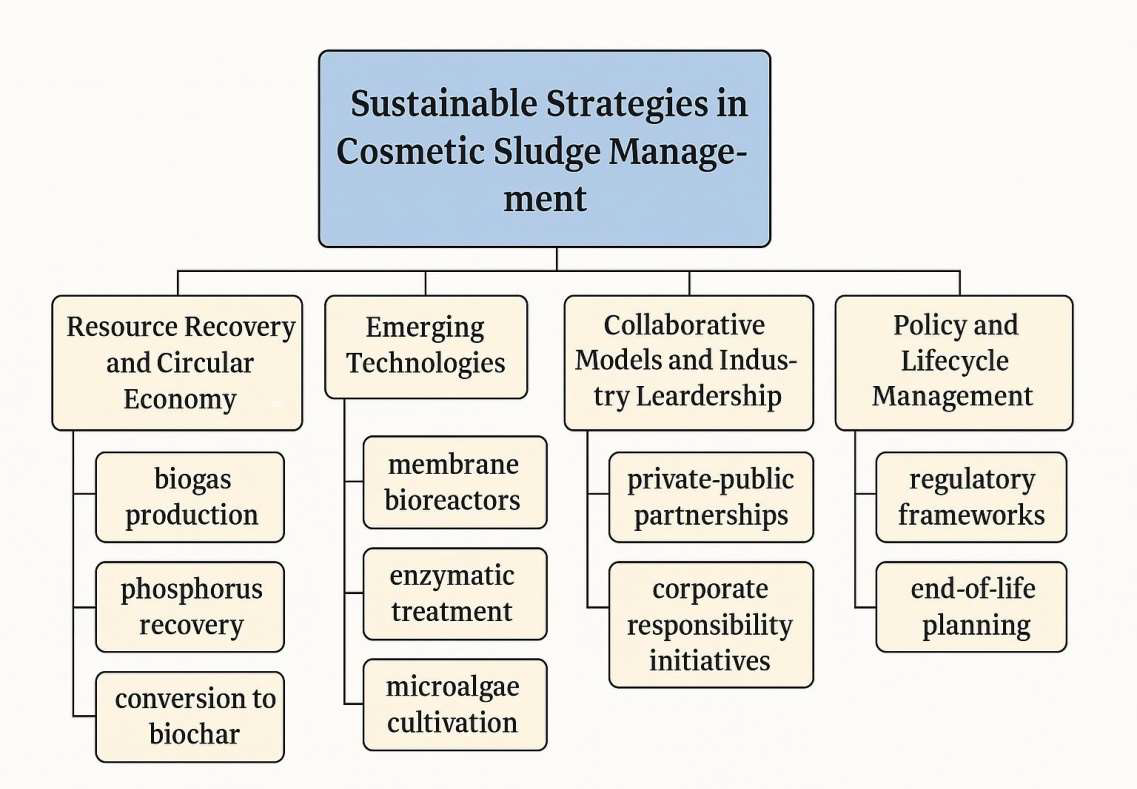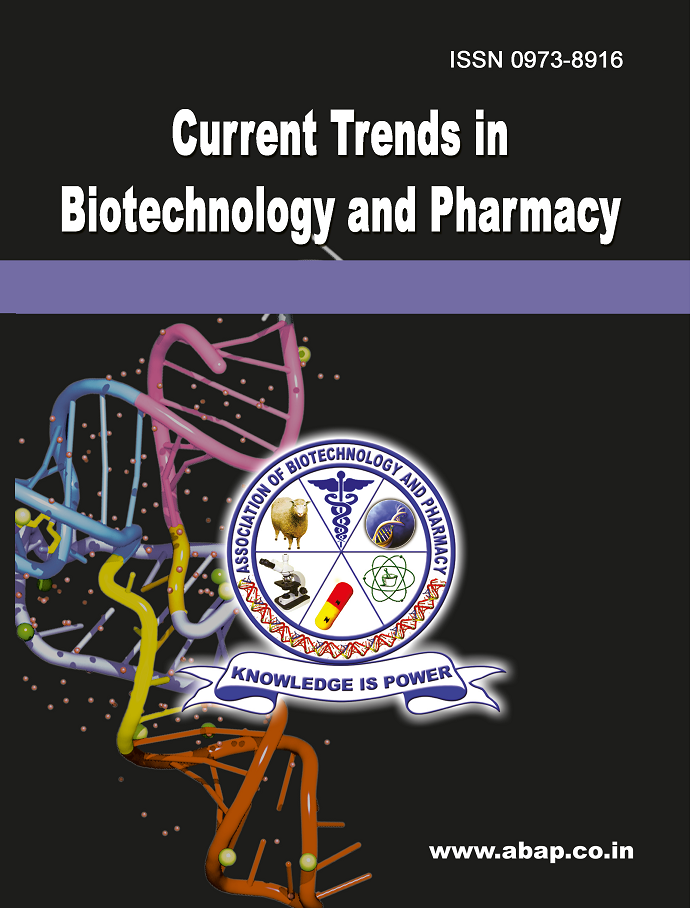Biotechnological Approaches and Policy Frameworks for Sustainable Management of Cosmetic Waste in India
DOI:
https://doi.org/10.5530/ctbp.2025.3s.7Keywords:
Cosmetic Sludge, Personal Care Products (PPCPs), Advanced Oxidation Processes (AOPs), Circular Economy, Environmental SustainabilityAbstract
Cosmetic waste is a toxic waste from the ever-evolving cosmetics and personal care market, that threatens environmental and health problems with complex components containing heavy metals, surfactants, preservatives, microplastics, and synthetic polymers. It classifies present treatment technologies into physical (filtration, sedimentation, adsorption), chemical (coagulation-flocculation, oxidation, advanced oxidation processes), and biological (aerobic digestion, enzyme-based approaches, constructed wetlands) options, highlighting the demand for more integrated and sustainable solutions. Key issues like insufficient biodegradability, lack of regulatory enforcement, and improper waste segregation are reported. Comparative regulatory frameworks around the world of USA, EU, and China are discussed with the existing legal provisions of India under CPCB and MoEFCC. The review also discusses emerging circular economy initiatives, resource recovery, biochar generation, nanotechnology, and collaborations within the industry (PPP).



